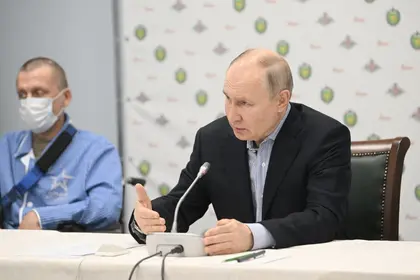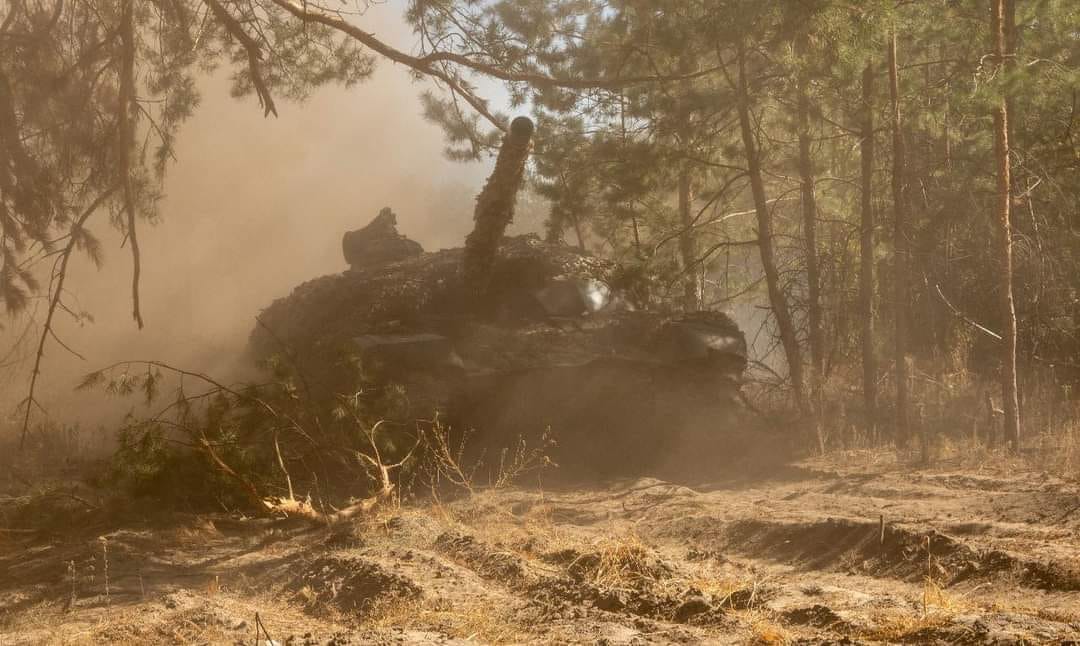In a recent analysis, the Institute for the Study of War (ISW) notes a shift in Putin's rhetoric, framing the war in Ukraine as a struggle against the West.
American think-tank suggests this signals an intent to negotiate solely with Western nations and pressure them to distance themselves from Ukraine.
JOIN US ON TELEGRAM
Follow our coverage of the war on the @Kyivpost_official.
The ISW referred in particular to several statements Putin made during a meeting at a military hospital in Moscow region on Jan. 1.
“Ukraine by itself is not an enemy for [Russia]. The Western-based actors who want to destroy Russian statehood and achieve the strategic defeat of Russia on the battlefield are Russia’s enemies", the Kremlin chief said on Monday, Jan.1.
The ISW highlights the Russian leader's portrayal of the war in Ukraine as a struggle against the West rather than against Ukraine itself, indicating a lack of genuine intent to negotiate with Ukraine and instead seeking to shape information conditions that would persuade the West to compromise Ukraine in negotiations.
"Putin is likely deliberately and falsely framing Ukraine as a pawn without agency in the Russia-West conflict to mask his expansionist and maximalist goals of establishing full effective Russian control of Ukraine,” the American think-tank wrote.
ISW analysts warn that any Western commitment to negotiate Ukraine's future without involving Ukraine directly could signal to Russia that it can exert its influence over countries it considers within its sphere—potentially extending beyond Ukraine to nations like Finland and Moldova.

‘The Worst Thing Would Be to Be Captured Again’: Released Civilian POW
The ISW suggests that Putin may be broadening the objectives of the war in Ukraine to include a confrontation with the West, setting conditions for a sustained Russian military presence and justifying significant battlefield sacrifices.
The report notes that Russia gained minimal territory in 2023 at a substantial manpower cost, prompting Putin to present a robust ideological justification for continuing the ongoing war, which he launched against Ukraine.
This strategic shift echoes Putin's previous stance in December 2021, where he issued ultimatums to the United States and NATO, aiming to compel the West to acknowledge Russia's sphere of influence in Eastern Europe by compromising essential elements of Ukraine's sovereignty in the interest of de-escalation.
You can also highlight the text and press Ctrl + Enter






